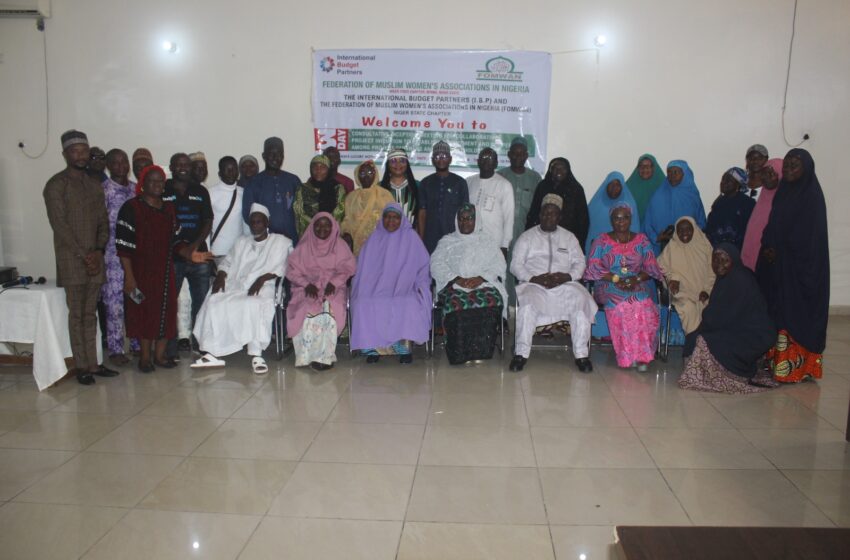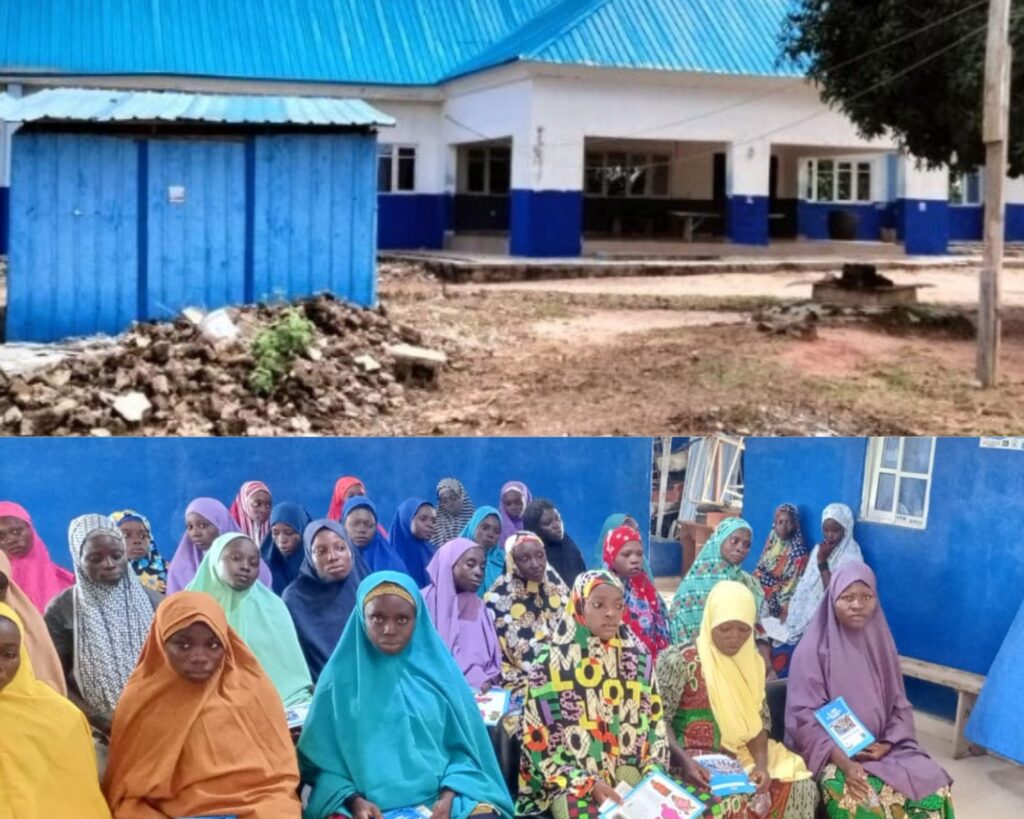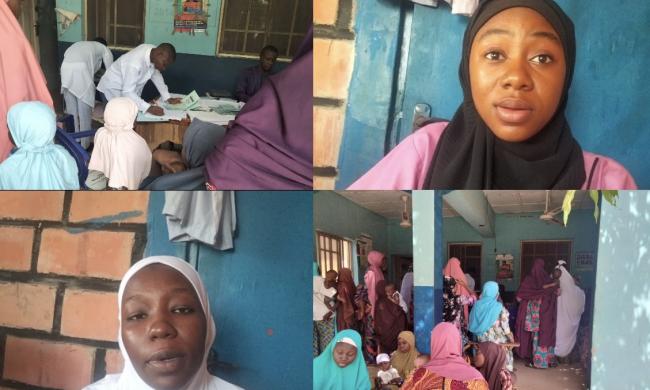FOMWAN, IBP join forces to transform healthcare in Niger

The Federation of Muslim Women Association in Nigeria (FOMWAN), in partnership with the International Budget Partnership (IBP), recently convened a three-day inception meeting aimed at enhancing primary healthcare delivery in Niger State.
The event which took place at Haske Luxury Hotel in Minna, Niger State capital, brought together key stakeholders from Monday to Wednesday.
The primary objective of the meeting was to launch a comprehensive campaign under the Strengthening Public Accountability for Results and Knowledge (SPARK 2) project, targeting the enhancement of maternal healthcare services’ quality at Primary Health Care Centers (PHCs) across six Local Government Areas (LGA)in the state.
These LGAs include Bida, Paikoro, Wushishi, Kontagora, Gbako, and Chanchaga.
The SPARK program, which is currently underway in seven states throughout Nigeria, prioritizes initiatives in the fields of Health and Agriculture.
Read also:
- CrispNG’s Hamzat Abaga selected for ICIR fellowship on public accountability
- LAAF Holds Men’s Mental Health Workshop at Rotary Club Ikeja
- Left to rot: FG’s multi-million naira health project in Ogun LGA now an abode for rats, birds
- I never knew Nigeria’s healthcare system was very bad, says SGF
This strategic focus underscores a concerted effort to address critical areas of need and foster tangible improvements in public services and community welfare.
In an interview with Crisp Nigerian journalist, Hauwa Kulu Abdullahi, the Amira of FOMWAN Niger State chapter, emphasized the program’s goal of enhancing healthcare services in the state.
She highlighted the importance of advocating for increased budgetary allocation to healthcare, particularly for primary health care, and ensuring the presence of qualified healthcare professionals.
In her part, Lilian Ibeh, IBP programs officer highlighted the partnership with FOMWAN, aimed at instigating systemic transformation in healthcare delivery across Niger and other states.
She underscored issues such as delays in Basic Healthcare Provision Funds (BHCPF) disbursement, erratic deployment of skilled personnel, and limited transparency in fund utilization.
Additionally, social norms inhibiting health-seeking behavior were identified.
Lilian emphasized IBP’s approach, integrating systems change and gender intersectionality to foster lasting development and equitable service delivery. She urged collective action to tackle these pressing challenges.
“We are focused on tackling the root causes of the challenges and ensure sustainability in our intervention in the area of BHCPF and Midwives Service Scheme (MSS)”, Lilian added.




